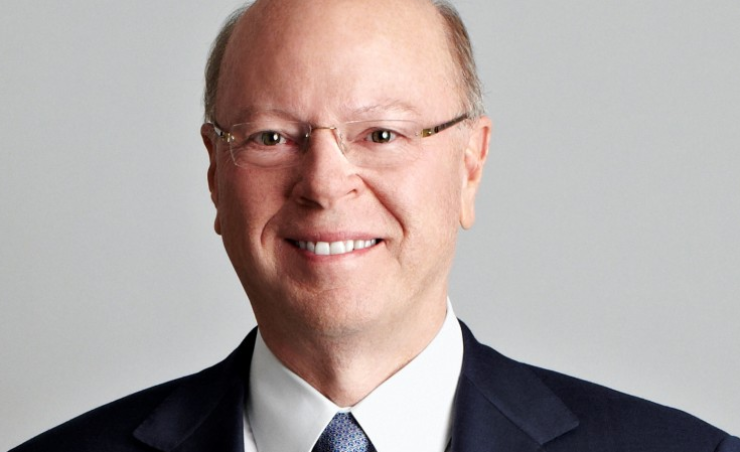After its deal to merge with another Texas bank
It could remain independent under new leadership, though finding its next chief executive in the middle of a pandemic could be a challenge for the $35.9 billion-asset company, analysts said. Moreover, the board would need to give any new leader broad authority to diversify the balance sheet and minimize the bank’s exposure to the volatile oil and gas industry.
The company could also pursue another deal now that its planned merger of equals with Independent Bank Group in McKinney, Texas, has been called off. Investors and analysts are speculating that Hilltop Holdings in Dallas — which at $15.7 billion of assets is roughly the same size as Independent — could make a run at the much larger Texas Capital. They note that Hilltop is flush with capital thanks to

“Anytime you see a deal fall apart like this, people try to figure who the next buyer could be,” said Brad Milsaps, an analyst at Piper Sandler. Ford has "been a big buyer during distressed times. That’s been his MO over the years.”
Texas Capital did not reply to a request for comment. A spokesman for Hilltop declined to say whether the company was exploring acquisition opportunities.
Texas Capital and Independent announced their
Cargill had been CEO of Texas Capital since 2014. As a venture capital investor, he helped found the company in the late 1990s and served as its chief lending officer until 2013. Cargill, 67, had been planning to step down after the deal with Independent closed, but the company announced Tuesday that he was resigning immediately and that its chairman, Larry Helm, will serve as interim CEO. Helm has been a Texas Capital director since 2006 and has executive experience in both the banking and energy industries.
“Larry has worked closely with the entire management team over the last 14 years, gaining a deep understanding of the Company’s unique opportunities,” Elysia Ragusa, chair of Texas Capital’s governance and nominating committee, said in a press release. “We are confident that he is the right person to lead Texas Capital Bank until we have identified a permanent successor for the CEO role.”
Michael Rose, an analyst at Raymond James, said Texas Capital’s board could struggle to find a suitable replacement for Cargill.
The spread of the coronavirus and resulting the economic shutdown have hit the energy industry particularly hard, and banks that lend to oil and gas firms are staring at what could potentially be waves of defaults. At Texas Capital, loan-loss provisions tied to its energy book swelled to $37.7 million in the first quarter, more than twice what it had set aside in the same quarter a year earlier.
The company’s tangible common equity, which is sometimes used to gauge how prepared a bank is to take on losses, fell to 7.3% at March 31 from 8.2% at the end of last year and below its peers, Rose said.
“Not only do you have the pandemic and trying to recruit a new leader for a fairly sizable bank that just had a deal terminate, but you have the questions around why you would want to take this job,” Rose added. “There is a real question around whether Texas Capital needs capital. If so, can they hire someone who can help raise it?”
Rumors of a breakup with Independent had been swirling since the pandemic hit.
“With declining energy prices (deal underwritten at $55/barrel oil) and the impact of COVID-19, the market and many investors began to question if the deal could work from a financial perspective,” Milsaps said in a Tuesday note to clients.
The price for WTI crude was trading at around $34 per barrel on Tuesday.
Analysts said a new CEO would also have to make decisions on whether to stick with business lines, including mortgage warehouse lending and an online bank that gathers deposit nationally, that have yet to deliver promised returns. Some suggested that a new CEO should focus on finding new opportunities in Texas Capital’s core markets in Dallas, Houston, San Antonio and Austin.
“There are probably changes that need to be made from a strategic perspective,” said Gary Tenner, an analyst at D.A. Davidson. The termination of the Independent deal “affords them a chance to make some of those changes they may not have made otherwise.”
Still, some analysts say that they would be surprised if Texas Capital stays independent for long.
“We believe there is a decent chance [a sale] could happen over the next few quarters (or months) given the significant challenges a stand-alone [Texas Capital] could face,” Janney analysts wrote.
Rose of Raymond James agreed.
“We don’t know how long this [pandemic] going to last, how deep it’s going to be,” Rose said. Another deal “could be a solution if the capital needs are high.”





